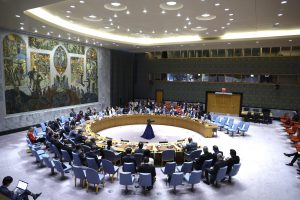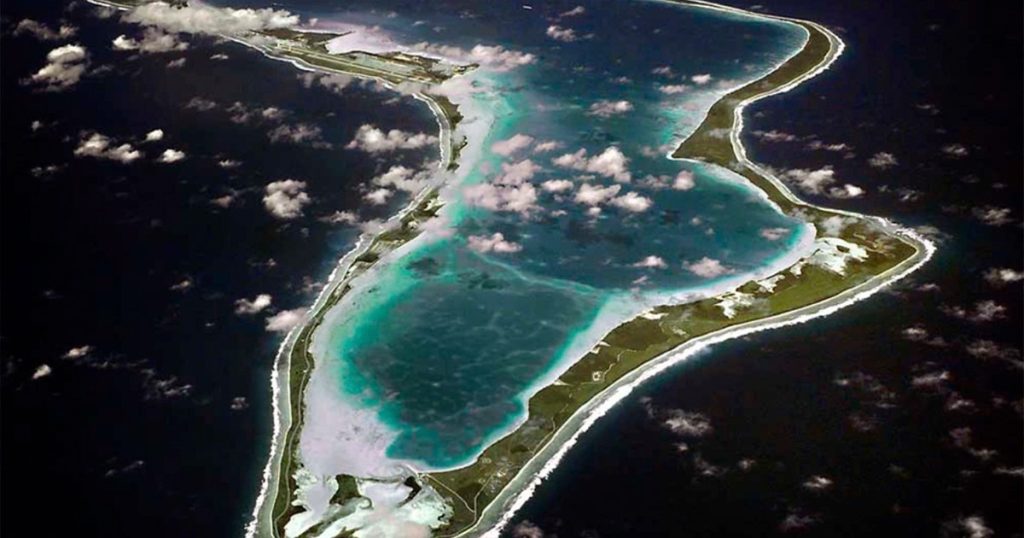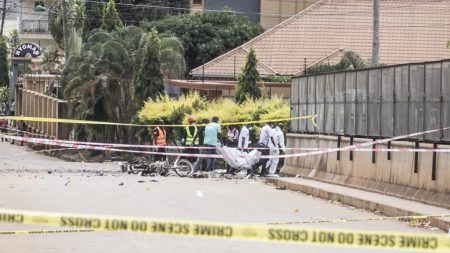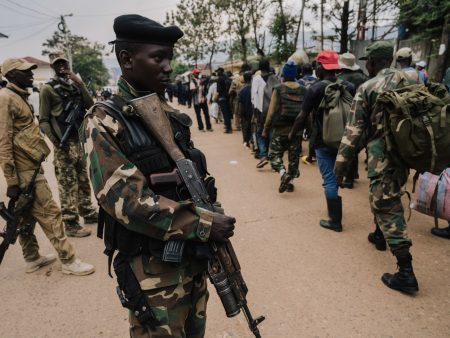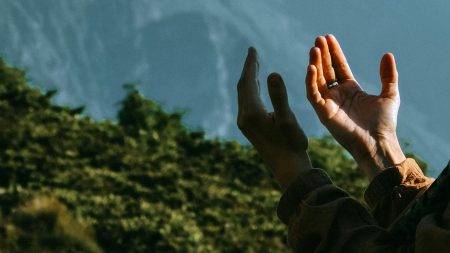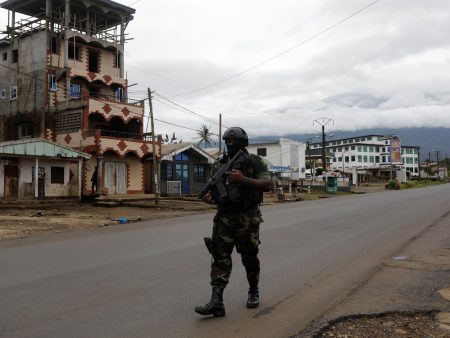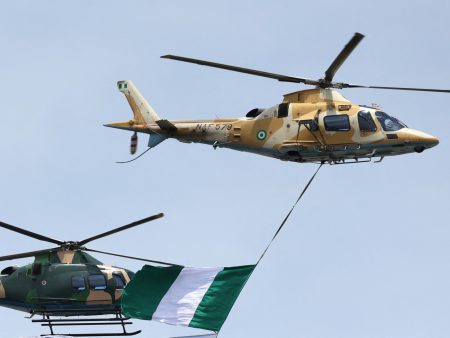The future of the Chagos Islands, a British Indian Ocean Territory, hangs in the balance as Mauritius, the African nation claiming sovereignty over the archipelago, seeks to renegotiate the terms of a proposed handover agreement. The current deal, brokered by the previous Mauritian administration, would see the UK relinquish control of the sixty-odd islands while retaining a 99-year lease on Diego Garcia, the largest island and home to a strategically vital joint UK-US military base. Newly elected Prime Minister Navin Ramgoolam has expressed reservations about the existing agreement, arguing that it does not adequately benefit Mauritius. He has submitted counterproposals to the UK, signaling a desire to secure more favorable terms for his country. While the specifics of these counterproposals remain undisclosed, they represent a potential obstacle to the finalization of the handover, injecting uncertainty into the future governance of the archipelago.
The British government, while acknowledging the new Mauritian government’s prerogative to review the agreement, remains optimistic about its eventual ratification. UK Minister for Overseas Territories Stephen Doughty has expressed confidence in the existing deal, characterizing it as “good and fair” and beneficial to both parties. He highlighted the agreement’s support from key stakeholders, including the US national security apparatus and India, emphasizing its strategic importance. This confidence underscores the UK’s commitment to concluding the handover while simultaneously acknowledging the need to address Mauritius’s concerns. The situation presents a delicate diplomatic balancing act, requiring the UK to navigate the competing interests of Mauritius, the US, and its own strategic considerations.
The proposed handover of the Chagos Islands represents a significant geopolitical development with wide-ranging implications. Diego Garcia, the site of the US military base, has been described as an “indispensable platform” for US operations in the Middle East, South Asia, and East Africa. Its strategic location makes it a critical asset for power projection and intelligence gathering. The base has played a key role in past conflicts, including the Vietnam War, the Iraq War, and the war in Afghanistan. Maintaining access to this base is a key priority for the US, adding another layer of complexity to the negotiations between the UK and Mauritius.
The history of the Chagos Islands is intertwined with a legacy of displacement and dispossession. In the 1960s and 1970s, the UK forcibly removed the entire population of the Chagos archipelago, known as the Chagossians, to make way for the US military base on Diego Garcia. This forced exile has been the subject of protracted legal battles and international condemnation. The Chagossians have tirelessly campaigned for their right to return to their ancestral homeland. The current agreement, while allowing for the return of Chagossians and their descendants to the outer islands, excludes them from Diego Garcia, perpetuating their displacement from their primary island home. This exclusion remains a contentious point and a source of ongoing grievance for the Chagossian community.
The ongoing negotiations between the UK and Mauritius are further complicated by internal political dynamics within both countries. In the UK, the opposition Conservative Party has criticized the proposed handover, accusing the government of surrendering British sovereignty. This political opposition could potentially impede the progress of the agreement. In the US, the deal has also faced criticism, particularly from supporters of former President Donald Trump. The Biden administration, however, has praised the agreement, recognizing its strategic importance for the US military. These differing viewpoints reflect the complex political landscape surrounding the Chagos Islands and the challenges involved in reaching a mutually acceptable resolution.
The future of the Chagos Islands remains uncertain as Mauritius seeks to renegotiate the terms of its handover from the UK. Prime Minister Ramgoolam’s counterproposals reflect his government’s determination to secure a deal that better serves the interests of Mauritius. While the UK remains optimistic about concluding the handover, the negotiations face several hurdles, including the strategic importance of Diego Garcia, the unresolved issue of the Chagossians’ right to return, and internal political dynamics in both countries. The outcome of these negotiations will have significant implications for the future of the Chagos Islands, the Chagossian people, and the strategic landscape of the Indian Ocean region. The international community will be closely watching the developments as the UK and Mauritius navigate this complex and sensitive issue.

